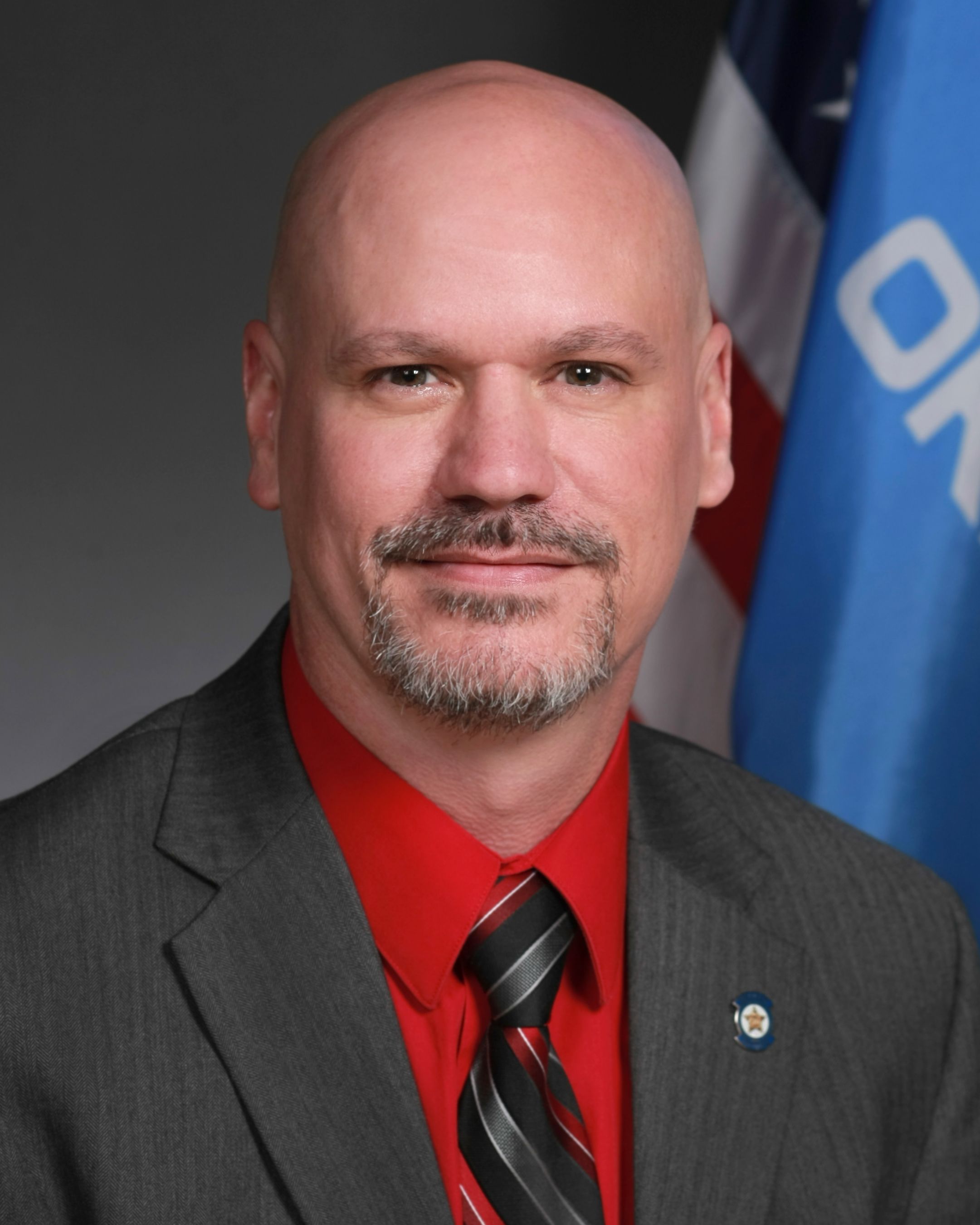Kevin West Urges Senate to Consider Utility Ratepayer Protection Bill
OKLAHOMA CITY – A bill seeking to protect utility customers from paying higher rates because of 2021's Winter Storm Uri has not yet been considered by the full State Senate. It is not on the agenda today, which is the deadline for consideration of bills from the opposite legislative chamber. House Bill 1220 unanimously passed in the Oklahoma House of Representatives in early March. It's since been amended and passed the Senate Energy Committee and remains on general order. Author Rep. Kevin West, R-Moore, said the measure would prohibit municipalities that have franchise agreements with utility companies from assessing those fees and taxes on the securitization amount customers are paying due to the storm. "With the passage of securitization, the Legislature inadvertently left it open for ratepayers to shoulder the additional costs of the franchise fees and taxes on top of the bond amount," West said. "This legislation would prevent that. Now, with this lack of action, the ratepayer will have to pay these additional costs on top of the securitization amount for the next 25 years. This will cost everyday Oklahomans additional countless millions of dollars." West reported that in November 2024, Oklahoma City and the Municipal League sued for the right to assess franchise fees on the amount that customers are paying for securitization. He warned at the time that this would be yet another cost that would be passed on to ratepayers. Having been in the Legislature when securitization was passed, West said it is his opinion that legislators did not intend for this occur. "I have seen no evidence that anything about securitization caused any additional costs to the municipalities to warrant these additional fees and/or taxes," West said. "Instead, it would seem this will relieve these governing bodies of paying their fair share from existing resources and instead push it onto their ratepayers." HB1220 includes the same language for both "regulated" and "unregulated" utilities. West said this was done to have continuity in both statutes and to cover ratepayers in the event that an unregulated utility is participating in securitization and has a franchise agreement in place. It has been estimated the franchise fees would amount to $60 million to $100 million dollars over the life of the securitization bonds. West said, again, these fees would come from the ratepayers. "Oklahoma utility customers are already paying long-term bond rates associated with this storm," West said. "This bill would protect them from having franchise fees and municipal sales taxes stacked onto their bills. This measure had great support in the House, and I'm frustrated Senate leadership has not allowed it to be considered by their full membership."

